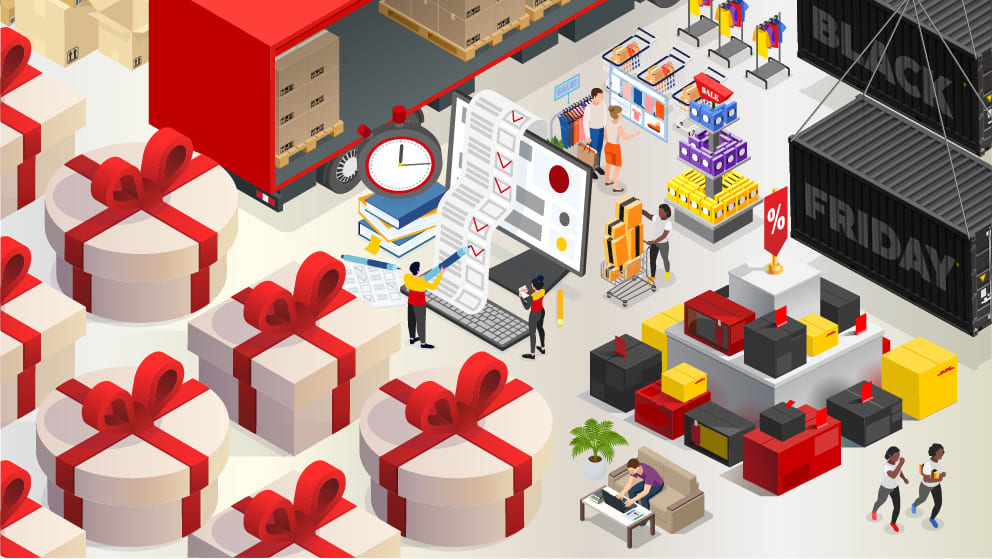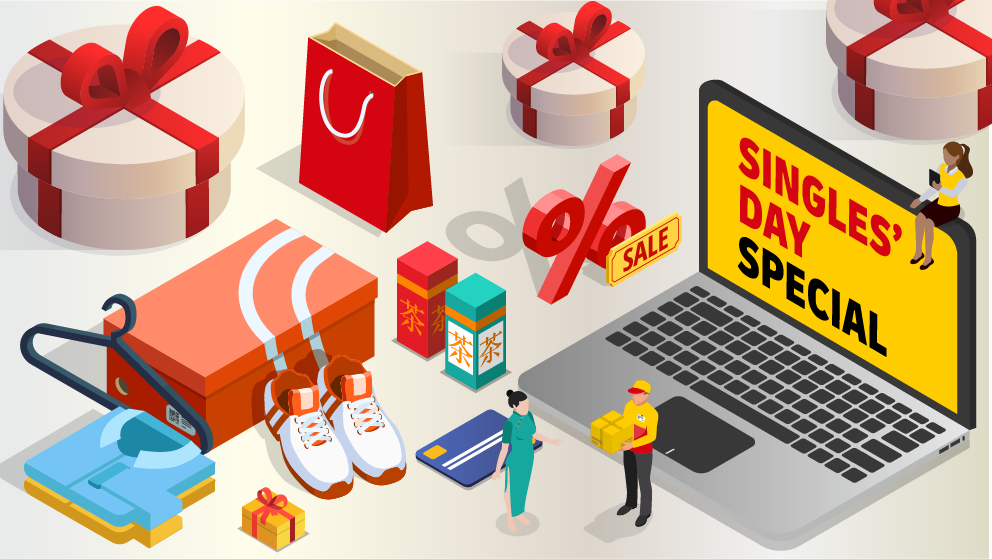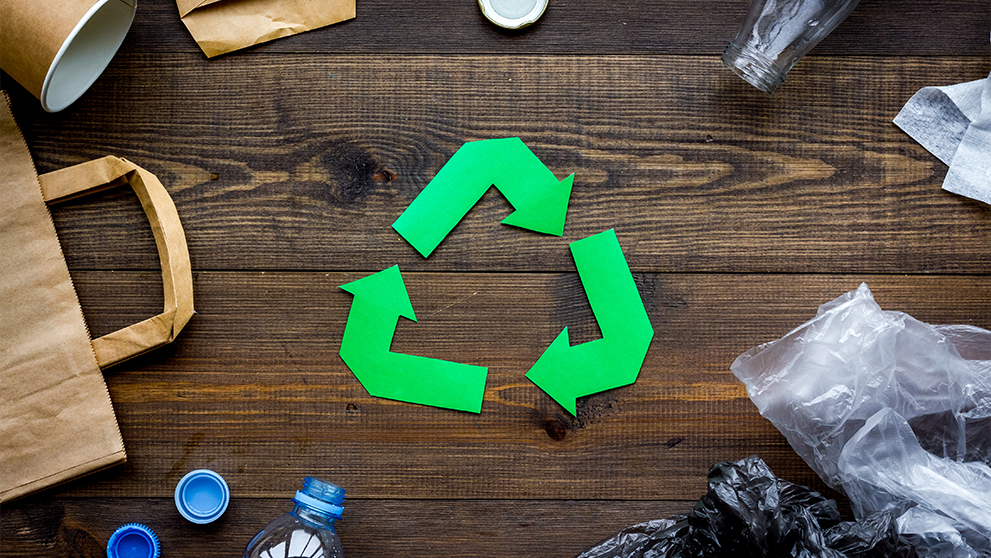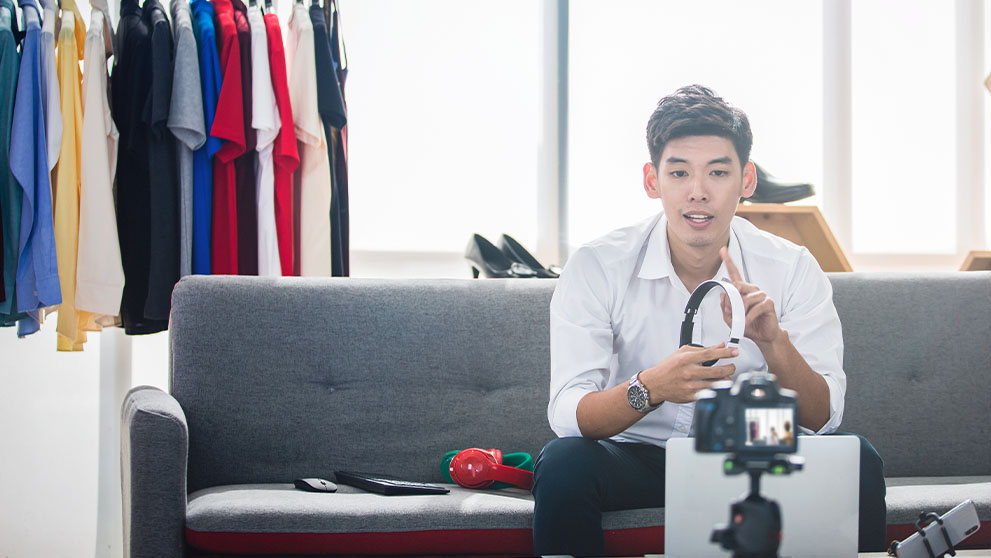This week’s AOB looks at the latest e-commerce news from around the world including Amazon’s competition for innovative start-ups, and what consumers are continuing to prioritize despite dwindling budgets.

Amazon looks to shake off “packaging shame”
Amazon UK has announced it has stopped packing products in single-use plastic delivery bags for orders shipped from its fulfilment centers. The online marketplace will instead use recyclable paper delivery bags and cardboard envelopes.
As consumers become increasingly conscious of the environmental impact of their online shopping habits, Amazon has become a central focus of criticism. Customers have taken to social media to “package shame” the company – sharing photos of their Amazon orders arriving in huge swathes of excessive packaging. In response, the retail giant said it is also looking to reduce such waste by developing packaging that is a better fit for the product size.
“We have made changes in our supply network that enable us to remove single-use plastic delivery bags in the UK,” said John Boumphrey, Amazon’s UK country manager1. “We will keep innovating and finding ways to use more sustainable packaging.”
Customers can also expect to receive more orders in the original packaging provided by the manufacturer – rather than inside an additional cardboard box.
Happy planet, happy customers: discover why adopting green packaging makes good business sense with our dedicated guide.

Consumers remain true to their values despite financial concerns
As consumers around the world feel the impact of the cost-of-living crisis, research shows they’re remaining committed to their sustainability values. According to EY’s 2022 Future Consumer Index2, the majority of the 18,000 people surveyed globally said that putting the planet first was the most important aggregate factor when making purchasing decisions. This is despite over half (52%) saying that the current economic environment is affecting their ability to afford goods.
"People have used the last two years to fundamentally rethink how they live and assess their relationship with consumerism and the values that drive their purchases,” Kristina Rogers, EY’s global consumer leader, said3. “Customers are asking to not only be valued themselves, but also whether the brands that sell to them demonstrate the values that align with their own."

One-click checkout start-up arrives with cash back bonus
As e-commerce continues to grow, there’s no shortage of companies seeking to revolutionize the checkout experience for customers. Toronto-based Sleek4 is the latest to enter the market, developing a browser extension enabling one-click checkout and cash back rewards for online shoppers.
Users install the solution on their web browsers and create a profile complete with their credit card details. Then, when shopping online, they can checkout and pay with Sleek – earning cash back at the same time.
“Life happens online, but nothing harmonizes it,” explained co-founder Adam MacEachern5. “Checkout has inconsistent offerings, so we are building a one-click checkout that works everywhere for everyone. In the near future, no one will be filling out forms, and we want to be the one making that change.”
“Our extension is powered by machine learning to navigate checkout the same way humans would,” he added. “We are the browser level, so when they download Sleek, it is everywhere and works everywhere. That is the true experience of one-click checkout.”
Sleek currently has partnerships with over 1,000 retailers, and takes a commission every time a user checks out, sharing some with them as cash back. The company is also developing additional features including an online refund management tool, and an automated spend tracker to help shoppers budget.

European retailers cash in on demand from foreign markets
The cross-border e-commerce market in Europe was worth US$189 billion in 2021 – a 17% increase over 2020. Of that figure, US$110 billion was generated by European sellers.
Despite this growth, the research from Cross-Border Commerce Europe6 found that the number of sales originating from the UK decreased 12% in 2020, allowing Germany to take its place as the continent’s number one cross-border market.
The top three European cross-border retailers, based on parameters including sales and the number of languages, currencies and payment methods integrated on their e-commerce channels, were IKEA Sweden, H&M Sweden and Pandora Denmark.

And finally…
More from Amazon to round up this week’s AOB. The company has launched the second edition of the Amazon Launchpad Innovation Awards – a competition which shines a spotlight on start-ups bringing game-changing ideas to the market.
New businesses wishing to enter must be registered within the EU or UK, and will have their products judged on design, originality, distinctiveness and sustainability. The winner will receive a “Start-up of the year” prize of €100,000.
The awards form part of Amazon Launchpad, a program supporting emerging European businesses with backing from venture capital firms, accelerators and crowdfunding platforms. Last year’s winner was UK-based WeWALK7, a smart cane which syncs with Bluetooth technology and a smartphone app to enhance the mobility of visually impaired people.
“These awards continue to demonstrate our commitment towards start-ups in Europe. With this we help promising brands that will shape the future with new innovative products that make our customers happy”, a statement from the company said8. Entries close on 29th May.
1 - John Boumphrey, Ecommerce News Europe, April 2022
2 - EY Future Consumer Index, March 2022
3 - Kristina Rogers, EY Future Consumer Index, March 2022
4 - Sleek
5 - Adam MacEachern, TechCrunch, March 2022
6 - Top 500 EU retailers cross-border analysis report 2022, CBCommerce.EU
7 - WeWALK
8 - Amazon statement, Ecommerce News Europe, March 2022
























